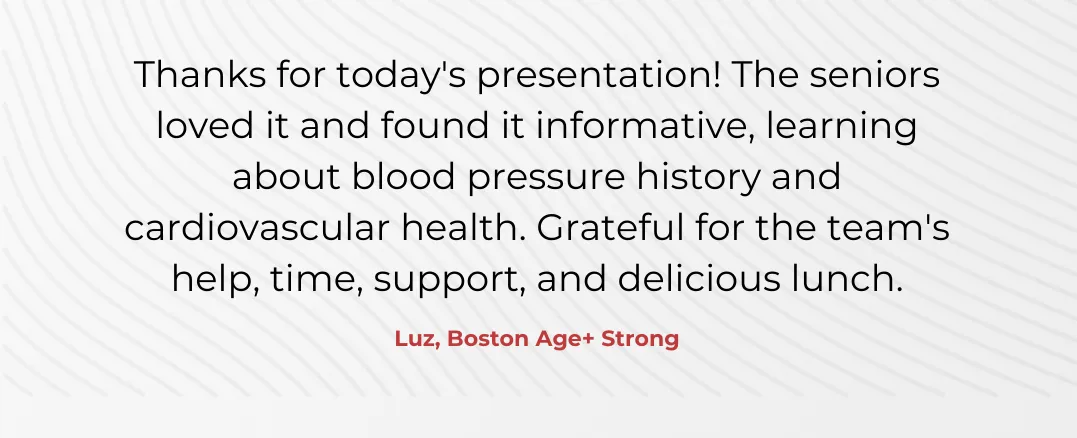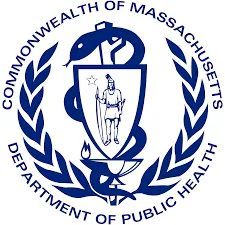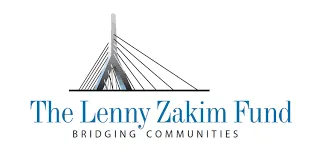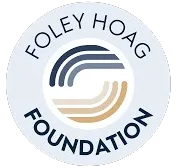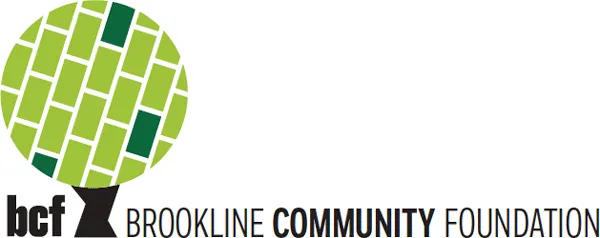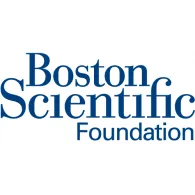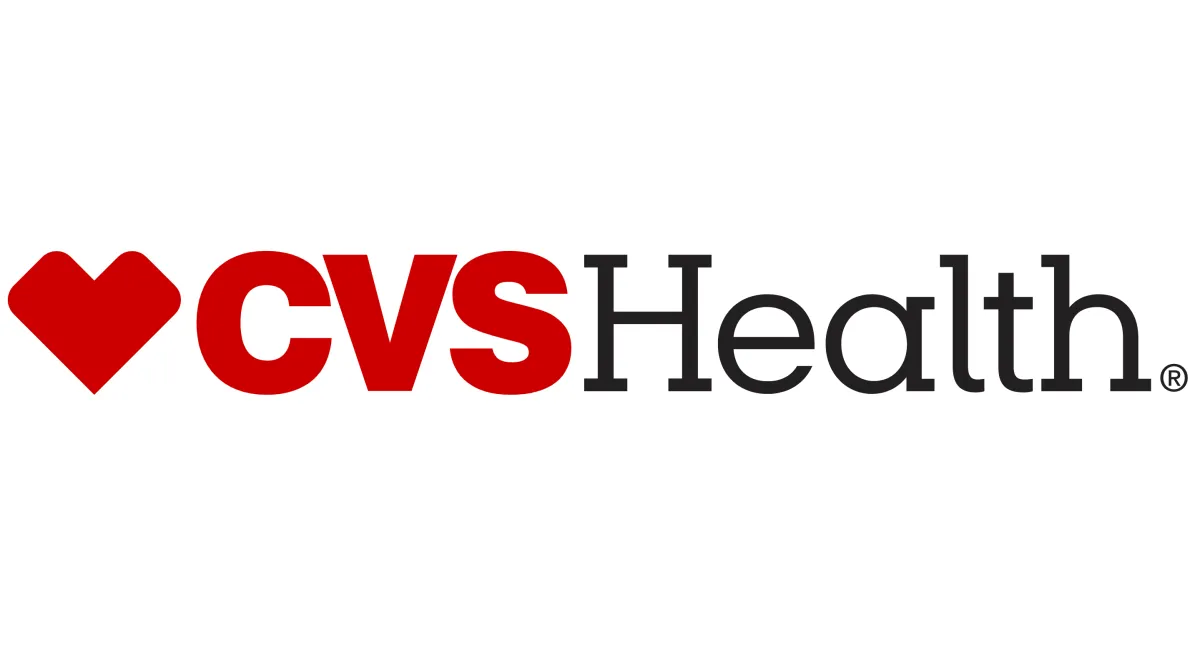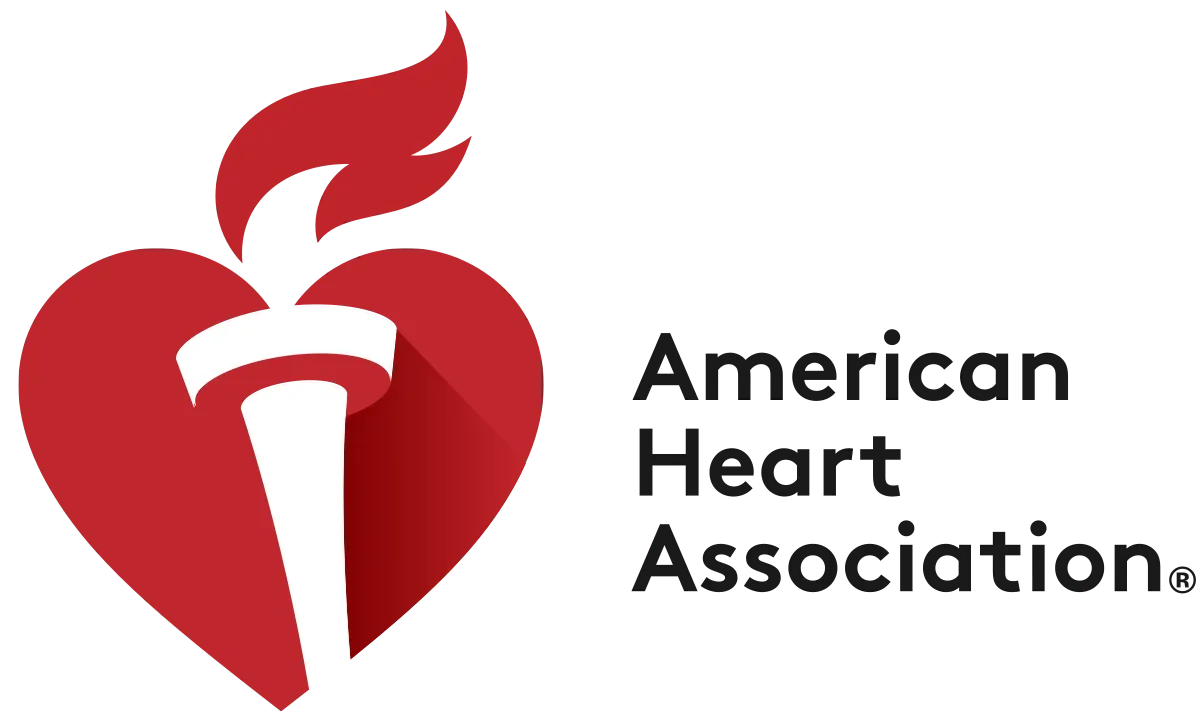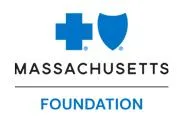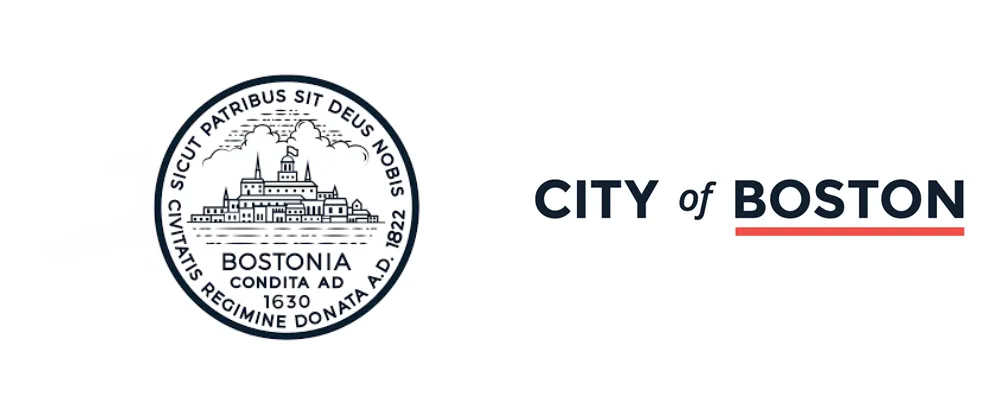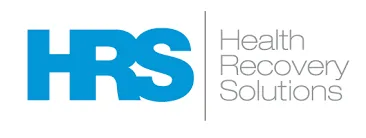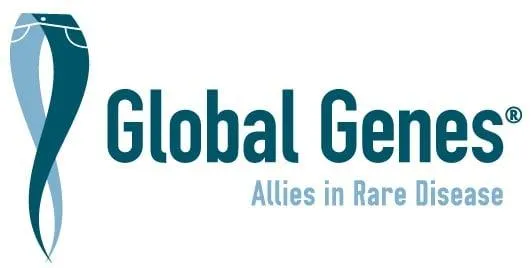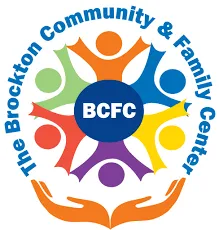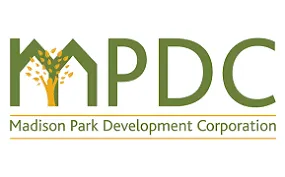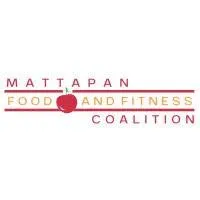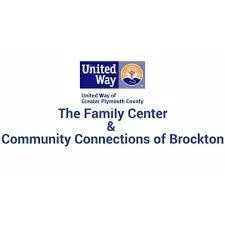Projects & Programs
Heart of a Giant Foundation
HGF
Projects & Programs
HGF improves early detection, diagnosis, and support for cardiac risk factors in high-risk populations. We promote healthy living, prevent chronic diseases, and improve health outcomes using innovative approaches. All programs are HIPAA compliant and aim to support the whole patient journey.
Project Health Joe: Awareness Raising and Advocacy
Program Nicole & Neal: Screening and Education
Living with Heart Disease Podcast
Program Jolie: Hypertension Prevention and Management for Expectant Black Mothers in Boston, MA

Join us in making a difference for a healthier future.
Project Health Joe: Awareness Raising and Advocacy
Project Joe by HGF raises awareness and advocates for patients and caregivers. Our goal is to promote a culture of care that leads to better health outcomes through education and information about heart diseases.
We amplify the voices of patients, caregivers, health practitioners, and advocacy leaders to educate our audience on living with a heart condition and enjoying a longer, healthier life.
We use various communication methods, such as blogging, podcasting, public speaking, organizing meetings, and using the web and social media platforms. We convey our messages through our website and blogs, Instagram pages, Facebook page, private community group, YouTube channel, Eventbrite, and Living with Heart Disease podcast, available on iTunes, Google, Spotify, and other platforms.
Expected Outcomes:
Raise awareness about heart diseases and related conditions.
Build a supportive community for patients, caregivers, providers, and policymakers.
Motivate people to make positive lifestyle changes.
Destigmatize high blood pressure and other chronic conditions.
Educate people about warning signs and risk factors.
Join us in raising awareness for heart diseases and promoting a culture of care.
Program Nicole & Neal: Screening and Education
Program Nicole & Neal promotes healthy living to prevent heart disease, especially among Black populations. HGF offers free hypertension screening and education in Boston neighborhoods. Our health coaches provide one-on-one support and conduct screenings at community events.
In 2023, we accomplished the following:
Engaged in 425 interactions with participants over 11 months;
Hosted 38 screening and education events, two webinars, and six workshops
Six Boston neighborhoods: Brockton, Dorchester, East Boston, Jamaica Plain, Mattapan, and Roxbury;
Conducted 355 screenings and one-on-one educational sessions.
Blood Pressure Screening and Education
At HGF, we conduct blood pressure screenings, education classes, and workshops to raise community awareness. Our local nurses and health workers offer assistance, education, and guidance. We conduct screenings and educational activities at community events to improve high blood pressure management, train participants on monitoring blood pressure at home, and offer practical tips for healthy living.
Cholesterol Awareness and Education Campaign
92 million US adults have high LDL cholesterol levels, which can lead to fatal heart diseases. HGF is partnering with the National Cholesterol Education Initiative in 2024 to increase awareness through our Cholesterol Education Campaign. We will focus on high-risk factors like diets high in saturated and trans fats, physical inactivity, excess weight, and certain health conditions.
Lipoprotein (a) Awareness and Screening Campaign
Lp(a) is a genetic risk factor for heart disease that is often overlooked. Early detection and proactive management of Lp(a) levels can significantly enhance heart health outcomes. Our program promotes heart health through coaching, screenings, and training.
Expected Outcomes
Early identification and treatment of high blood pressure.
Increased understanding of signs and symptoms and when to contact a healthcare provider.
More people can self-monitor their blood pressure.
Empowered participants are taking control of their heart health.
Peer-to-peer communication and community engagement.
Movement building and active community engagement.
Program Delivery Planning
We host program events with partners monthly, bi-monthly, or weekly. Our website and social media pages have weekly updates, and we focus on a monthly health topic to raise awareness. We collaborate with various organizations, including the American Heart Association (AHA), the Massachusetts Department of Public Health (DPH), faith-based organizations, and community development centers.
In 2024, our goals are to achieve the following:
We host program events with partners monthly, bi-monthly, or weekly. Our website and social media pages have weekly updates, and we focus on a monthly health topic to raise awareness. We collaborate with various organizations, including the American Heart Association (AHA), the Massachusetts Department of Public Health (DPH), faith-based organizations, and community development centers.
Our main priority remains to tackle high blood pressure and its related issues. To achieve this:
We aim to deliver over 60 screening and education events across 10+ locations, engaging with more than 600 adults.
We also plan to provide monthly blog posts on heart health and 12 'Living with Heart Disease' podcasts.
Additionally, host workshops focusing on various aspects of heart disease, such as hypertension, cholesterol and Lp(a), diabetes, healthy living, aging, and more.
Living with Heart Disease Podcast
"Hardships don't steal your voice, and setbacks don't stunt your growth; hence, a diagnosis will undoubtedly not silence you."
Our Living with Heart Disease platform shares inspiring stories from patients, families, caregivers, health professionals, and policy advocates. We break down stigmas associated with cardiovascular conditions and provide expert guidance on navigating healthcare systems. We're dedicated to inspiring and empowering our listeners to live longer, healthier lives after a heart disease diagnosis.
Join us on the Living with Heart Disease podcast hosted by Bouba Heart of a Giant and his team.
Program Jolie: Hypertension Prevention and Management for Expectant Black Mothers in Boston, MA
In 2023, HGF conducted the Healthy Hearts Communities Pilot Program to prevent and manage high blood pressure, and 78% moved into a lower blood pressure category. We launched Program Jolie in Boston in 2024 to fill gaps in care for Black maternal health. Program Jolie offers perinatal care to help expectant Black mothers achieve better pregnancy experiences and health outcomes, all at no cost.
Program Description:
Program Jolie supports the care of women from their 20th week of pregnancy up to 3 months postpartum. It collaborates with organizations to improve Black maternal health, heart health, and health equity.
Our Health Coaches deliver the program, supporting patients between doctor visits. The coaches are registered nurses, dietitians, social workers, and others with significant expertise. The program facilitates infant feeding support and mental health screenings with social workers and therapists.
The health coaches work one-on-one with participants to improve medication adherence, set realistic goals, and facilitate therapy and counseling. Expectant Black mothers can use advanced RPM technology with personal health coaching and receive a free personalized plan. The program targets pregnant adult (18+) women with no income eligibility requirement.
Goals and Expected Outcomes:
We build trust with hard-to-reach individuals and partner with care management programs to address healthcare gaps for better patient engagement and adherence.
Metrics and Expected Outcomes:
Enrollment > 30%
1.5M live interactions
25% increase in medication adherence
A1c reduction of 1.5 points
80% of participants move to the lower BP category
20% reduction in unhealthy days
90% participant satisfaction
For Participants:
HGF supports pregnant individuals with tools, knowledge, and coaching to improve their health and wellbeing.
Personalized education and support for chronic conditions such as cardiovascular disease, kidney disease, or diabetes.
Understand health risks, manage medication, and establish a routine.
Track vital signs and symptoms through Remote Patient Monitoring (RPM) to detect changes early.
Safe physical activity and nutrition guidelines.
Develop self-advocacy and caregiver advocacy capacity.
Improve patient-physician relationships during prenatal, birth, and postpartum visits.
For Providers:
Program Jolie enhances the birthing experience with personalized support, improving care and fostering compliance.
Improve clinical outcomes, improve quality scores, and gain unique population insights.
Improve compliance and enhance treatment adherence. Strengthen doctor-patient relationships.
Track Remote Patient Monitoring (RPM), data, and analytics.
Weight management through healthy eating and nutrition.
Enhance health literacy, encourage an active lifestyle, stress management, and healthy sleep habits to drive lifestyle and behavior change.
Methods of Delivery (Key Activities)
Our health coaches provide support from the 20th week of pregnancy to 3 months after childbirth. They collaborate with healthcare professionals to ensure comprehensive care for the mother and baby while promoting a positive birthing experience. Although they don't provide medical care, they offer personalized support to enhance the overall experience.
The program offers free-of-charge health coaching services that include personalized heart health risk-factor evaluation and education and coaching for preventing and managing health conditions.
The coaches provide remote patient monitoring, tailored feedback, nutrition, exercise, and medication adherence guidance.
Additionally, the program offers support for prenatal care, childbirth education, medication management, healthy lifestyle habits, and community resources.
Benefits and Data Analytics:
We aim to identify best practices for screening and referring participants and address social and material needs.
Our Program Team collects and monitors data with providers and partners based on hypotheses.
The research manager leads data and analytics, working with health coaches and community-based providers—the program partners with an external evaluator. The IRB ensures ethical conduct.
Results will help HGF further develop the program and improve health outcomes for expectant Black mothers.
News and Insights
Disclaimer:
The information shared on this page is not intended to replace professional medical advice. Always consult with a healthcare provider for any medical issues.

TIPS FOR REDUCING STRESS
Stress can have a profound impact on our overall well-being, particularly on our heart health. The good news is that by investing in stress-reduction strategies, we can protect our hearts, and improve quality of life. Let’s explore these strategies in more detail and discover steps we can take to positively impact our heart health.
1. Engage in Regular Physical Activity
Exercise has been shown to be a powerful stress reducer. This is because it releases mood-enhancing endorphins, promotes better blood flow to the brain, and lowers the levels of stress hormones like cortisol in the bloodstream. Engaging in regular physical activity, such as aerobic exercises, walking, strength training, or yoga, can help alleviate stress, improve mood, and enhance overall cardiovascular fitness.
2. Practice Stress Management Techniques
Incorporate proven stress management techniques into your daily routine. Deep breathing exercises, meditation, progressive muscle relaxation, or cognitive-behavioral therapy techniques can significantly reduce stress levels and promote relaxation. These techniques train the body and mind to relax, cope better, and reduce the negative impact of stress on our well-being.
3. Prioritize Quality Sleep
Adequate sleep is essential for managing stress because it helps the body and mind recover, process emotions and balance hormones like cortisol. Sufficient sleep improves mood, cognitive function, and decision-making, and this enhances our ability to manage stress effectively. Make sleep a priority by establishing a consistent sleep schedule, creating a relaxing bedtime routine, and ensuring your sleep environment is conducive to quality rest.
4. Seek Social Support
Building a strong support system is crucial in managing stress, because it provides emotional assistance and a sense of belonging, reducing feelings of loneliness and isolation. Knowing we have people who care about us and are there to listen and help can significantly improve our ability to manage stress and navigate challenging situations more effectively. Seek out trusted friends, family members, or community groups with whom you can share your feelings and experiences, and remember to do the same for others and offer support where you can.
5. Make Time for Leisure and Hobbies
Engaging in activities that bring joy and relaxation is essential for good health. Pursue hobbies, listen to uplifting music, read books, spend time in nature, or engage in creative outlets. These activities provide a break from daily pressures and shift our focus away from stressors, allowing us to recharge. They trigger the release of feel-good chemicals like endorphins, which boost our mood. Regularly participating in activities that we enjoy nurtures our mental health, increases happiness, and builds the resilience needed to cope with stress.
6. Maintain a Healthy Lifestyle
Adopting a heart-healthy lifestyle can help mitigate the impact of stress on the cardiovascular system in a number of ways. For example, eating a balanced diet and exercising regularly strengthens the heart, improves blood flow, and regulates blood pressure. This can help to counteract the negative effects of stress. Relatedly, avoiding unhealthy habits like smoking and excessive alcohol consumption reduces strain on the heart. By choosing a heart-healthy lifestyle, we can protect our cardiovascular system and minimize the harmful effects of stress.
7. Seek Professional Help if Needed
If stress becomes overwhelming or unmanageable, it’s wise to seek professional help. Healthcare providers or mental health professionals can provide guidance, support, and appropriate interventions to help you navigate through stress and its impact on your heart health.

Photo by Savanna Goldring
Stress can have a significant impact on heart health, but understanding the scientific link between stress and cardiovascular well-being allows us to take proactive steps towards stress reduction. By incorporating stress management techniques into our daily lives and adopting a heart-healthy lifestyle, we can significantly improve our overall well-being and protect our heart health. Remember, managing stress is an ongoing process that requires consistent effort and commitment. Start by assessing your stress levels, identifying areas for improvement, and gradually implementing stress reduction strategies. By taking care of your heart and prioritizing stress management, you can lead a healthier and more fulfilling life. Stay tuned for more valuable information on stress management and heart health. Remember, your well-being matters, and investing in stress reduction is a vital step towards a healthier heart and mind.
Testimonials
The Heart of a Giant Foundation, Inc. is a 501(c)(3) nonprofit organization, EIN 84-2900386. Donations are tax-deductible.


